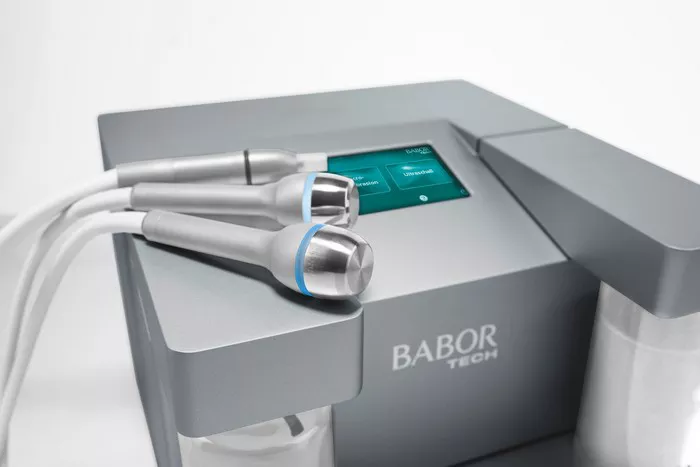In the realm of skincare, individuals have a plethora of options to choose from when seeking treatments to address various skin concerns. Among the popular choices are microdermabrasion and chemical peels, both of which offer distinct benefits for skin rejuvenation. However, determining whether microdermabrasion or a chemical peel is the better choice depends on factors such as skin type, concerns, and desired outcomes. This article aims to provide insight into the differences, benefits, and considerations of each treatment, helping individuals make informed decisions based on their unique skincare needs.
Understanding Microdermabrasion and Chemical Peels
Before delving into the comparison, let’s understand what each treatment entails:
Microdermabrasion: Microdermabrasion is a non-invasive exfoliation procedure that involves removing the outer layer of dead skin cells through mechanical or abrasive means. This procedure uses a device to exfoliate the skin, revealing a smoother and more youthful complexion. Microdermabrasion is effective for improving skin texture, reducing fine lines, and minimizing mild pigmentation irregularities.
Chemical Peel: A chemical peel involves the application of a chemical solution to the skin, which causes the top layer of skin to peel off, revealing newer skin underneath. Chemical peels vary in strength, from mild peels targeting the outermost layer to deeper peels that penetrate into the deeper skin layers. Chemical peels can address a range of skin concerns, including acne, sun damage, pigmentation issues, and fine lines.
Factors to Consider: Microdermabrasion vs. Chemical Peel
Choosing between microdermabrasion and a chemical peel depends on several factors:
Skin Concerns: Consider the specific skin concerns you wish to address. Microdermabrasion is effective for mild exfoliation and texture improvement, while chemical peels can target a wider range of concerns, including pigmentation, acne scars, and deeper wrinkles.
Skin Type: Individuals with sensitive skin might prefer microdermabrasion, as it typically involves less downtime and lower risk of adverse reactions. Chemical peels, on the other hand, should be tailored to your skin type and concerns.
Downtime: Chemical peels, especially deep peels, might require more downtime compared to microdermabrasion. Consider your availability and willingness to undergo potential downtime.
Desired Results: If you seek more significant and targeted results, chemical peels might be the better choice. They can penetrate deeper into the skin for more transformative effects.
Frequency: Microdermabrasion treatments are often performed in a series to achieve optimal results, while the frequency of chemical peels depends on the type and strength of the peel.
Benefits of Microdermabrasion
Microdermabrasion offers several benefits:
Gentle Exfoliation: Microdermabrasion provides gentle exfoliation, making it suitable for individuals with sensitive skin or those new to skincare treatments.
Minimal Downtime: Microdermabrasion typically involves little to no downtime, allowing individuals to resume their normal activities immediately.
Improves Texture: This treatment is effective for improving skin texture, reducing minor imperfections, and promoting a smoother complexion.
Benefits of Chemical Peels
Chemical peels offer a range of benefits:
Targeted Results: Chemical peels can be tailored to specific skin concerns and provide more significant improvements in pigmentation, acne scars, and wrinkles.
Customizable Strengths: Peels come in various strengths, allowing for customization based on individual skin type and concerns.
Deep Exfoliation: Deeper peels can penetrate into the dermis, stimulating collagen production and resulting in more noticeable skin rejuvenation.
Conclusion
Deciding between microdermabrasion and a chemical peel depends on your skin type, concerns, desired outcomes, and willingness to undergo potential downtime. Microdermabrasion is a gentler option for mild exfoliation and texture improvement, while chemical peels offer targeted solutions for a wider range of concerns. Consulting with a qualified dermatologist or skincare professional is essential to determine the most suitable treatment plan for your unique needs. Whether you choose microdermabrasion, a chemical peel, or a combination of both, prioritizing your skin’s health and achieving your skincare goals should guide your decision-making process.


